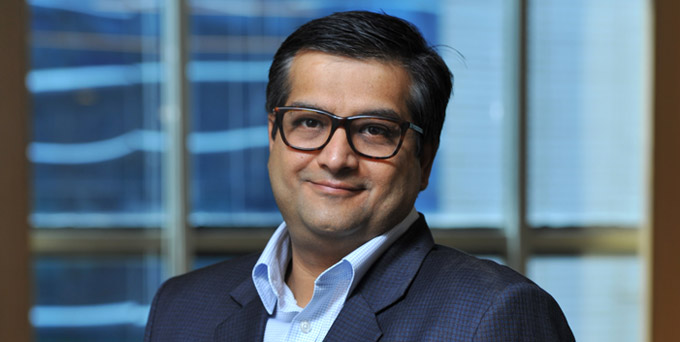
There was a time when new clothes were bought only on birthdays and festivals, eating out was a treat and birthdays/anniversaries were looked forward to with great anticipation. Those days, the focus remained on saving as consumption was directly impacted by savings, which usually found their way into bank fixed deposits and government schemes. Times were simple then! Today, India is globally one of the fastest growing markets in terms of high net-worth individual (HNI) population and wealth.
In 2017, the country's HNI population grew by 20.4% and HNI wealth grew by 21.6%, notching up its ranking to 11, in the list of countries with HNI population, according to Capgemini's World Wealth Report 2018. The buffet of investment products being offered by financial institutions is also growing at a fast clip with a wide variety of products now available on the risk/return spectrum. With rising per capita income, there is a need to adopt a more professional approach to wealth management. However, individuals today are more exposed to the world and are better informed about financial products than ever before.
This means that traditional ways of wealth management may not necessarily address all of an individual's financial planning requirements, anymore.
Stepping out of silos
Traditionally, wealth management had been about selling "products" to clients. Most wealth managers adopted a "silos" approach where products were recommended in isolation and little heed was paid to how one recommendation might react with another recommendation. An investment policy statement (IPS) was not much heard of and little consideration was given to the multiplicity and diversity of goals. The tide is now changing and wealth managers are now offering an entire "value proposition" rather than just single products. Wealth managers now adopt a more holistic approach and handhold their clients through the entire wealth management journey. Wealth management today has evolved significantly with managers now providing money management solutions for investors ranging from individual investors/families, corporate investor, HUF (Hindu Undivided Family) to trusts.
However, this transition from a single product advisory to a multi-product, goal oriented wealth management approach has been gradual. Eschewing traditional ways of wealth management in favour of more modern ways, wealth managers now offer a more advanced form of financial planning that encompasses estate planning, trust management, legal services resources, taxation advisory, and portfolio management, among many other services. All of this is delivered in the best possible manner through optimal leverage of technology. Wealth managers not only help clients draw up holistic investment policy statements that address their current and future requirements, but also provide them with tools that allow for efficient monitoring of their investments. This ensures that client portfolios do not drift too far away from the IPS and that corrective measures can be taken almost immediately.
Technology is the game changer
I was recently seated next to a three-year-old on a flight. Very deft in her handling of the headphones and plugging it into the socket, the child settled into a few hours of binge watching the Disney movie "Frozen". However, shortly after plugging in, the child got a bit antsy as she was unable to change the picture on the screen by just swiping left. At three, she was more accustomed to swiping than pushing buttons. The ubiquity of technology has changed the way humans handle their lives and manage their relationships and their money. Technology has pervaded our lives in a major manner. It first infiltrated the consumer and tourism sectors and is now changing the way financial services are offered to consumers. At a time when most individuals prefer to receive information "on the go" astute advisors have adopted multiple channels of communication which allow clients to access their accounts, review products and assess their portfolios in an efficient and mobile friendly manner. Additionally, wealth advisors are also using various risk management and analytics tools to better understand their clients' risk profile.
However, in order to truly move forward in the most productive manner, one need not completely abandon traditional ways of managing wealth. Trust continues to be the cornerstone of wealth management and investment advisory. As a wealth manager, one has a fiduciary duty to have clear and honest conversations with clients. This includes explaining investment products and associated risks to the client as well as regularly reviewing the IPS to ensure adherence. To that extent, the first step towards wealth management is to become a "trusted partner".
Wealth and money can mean different things to different people. Consequently, the purpose that wealth serves can differ from one person to another. A wealth manager can help individuals define their objectives and create an investment plan for their wealth, so that their myriad objectives can be met.

Read the original article:
Business World
